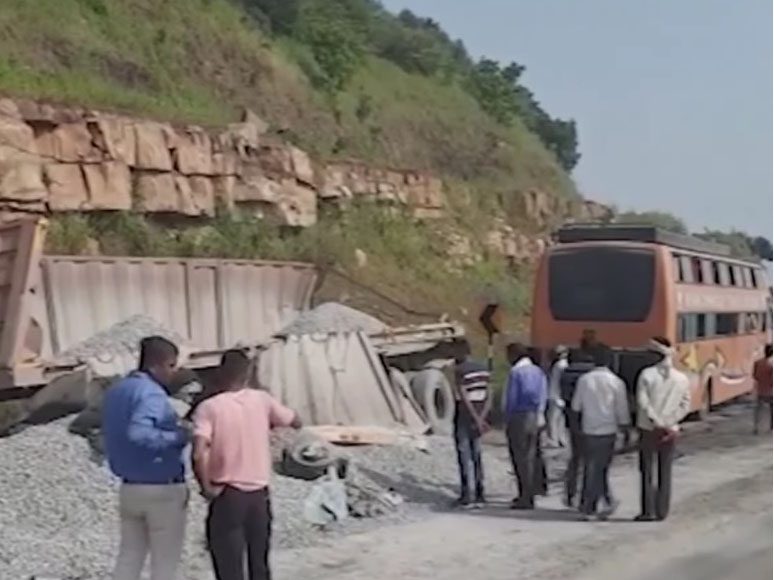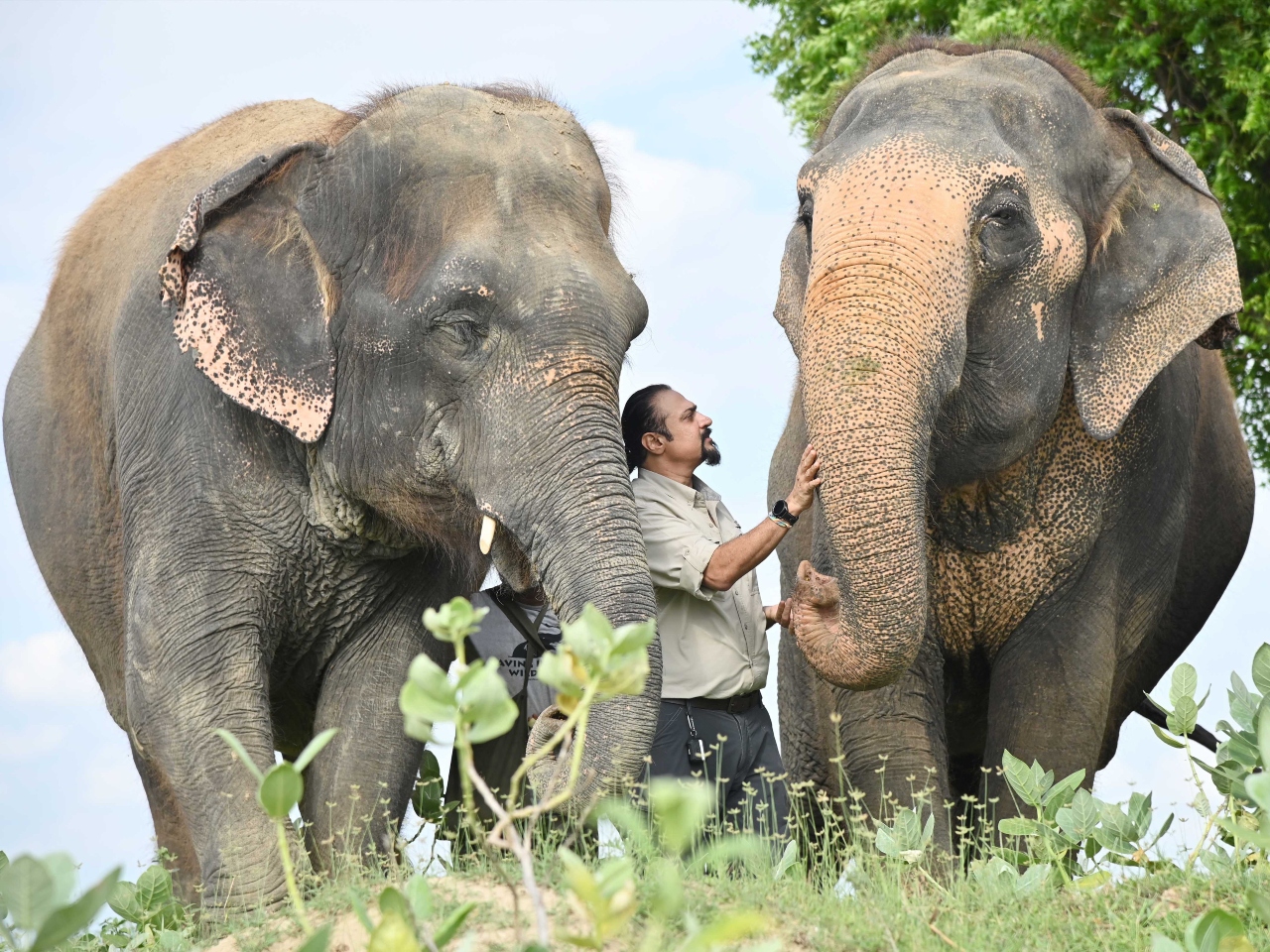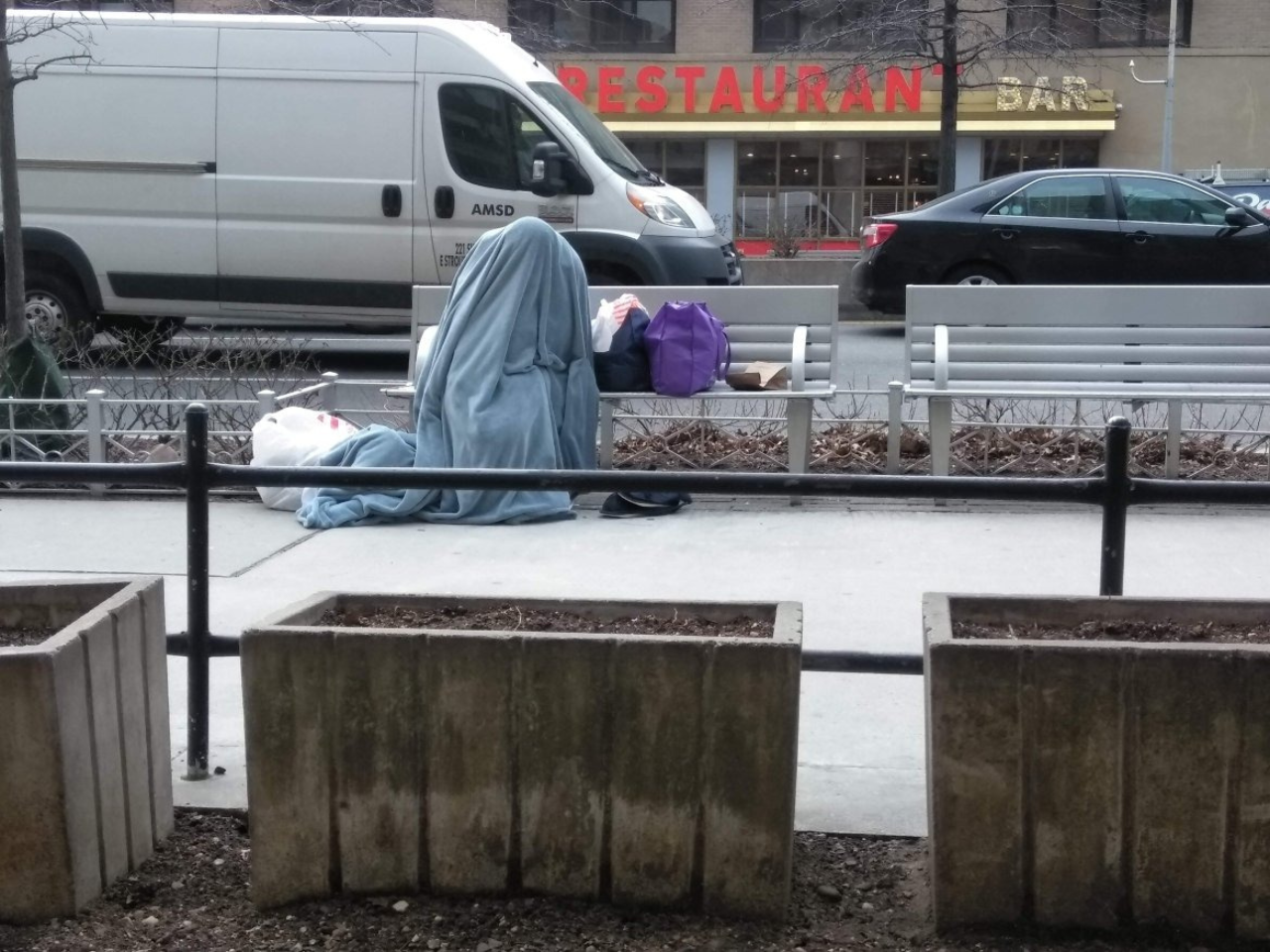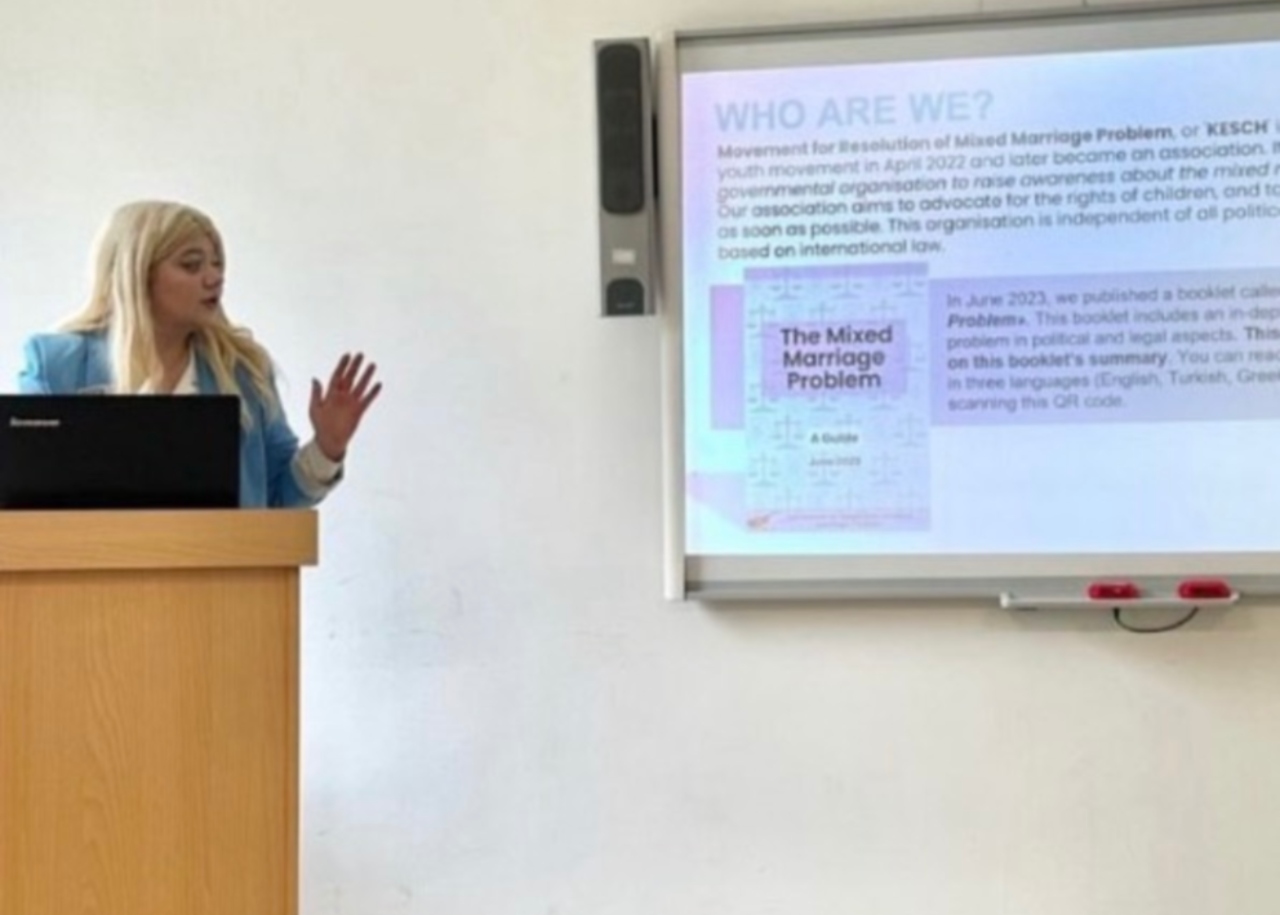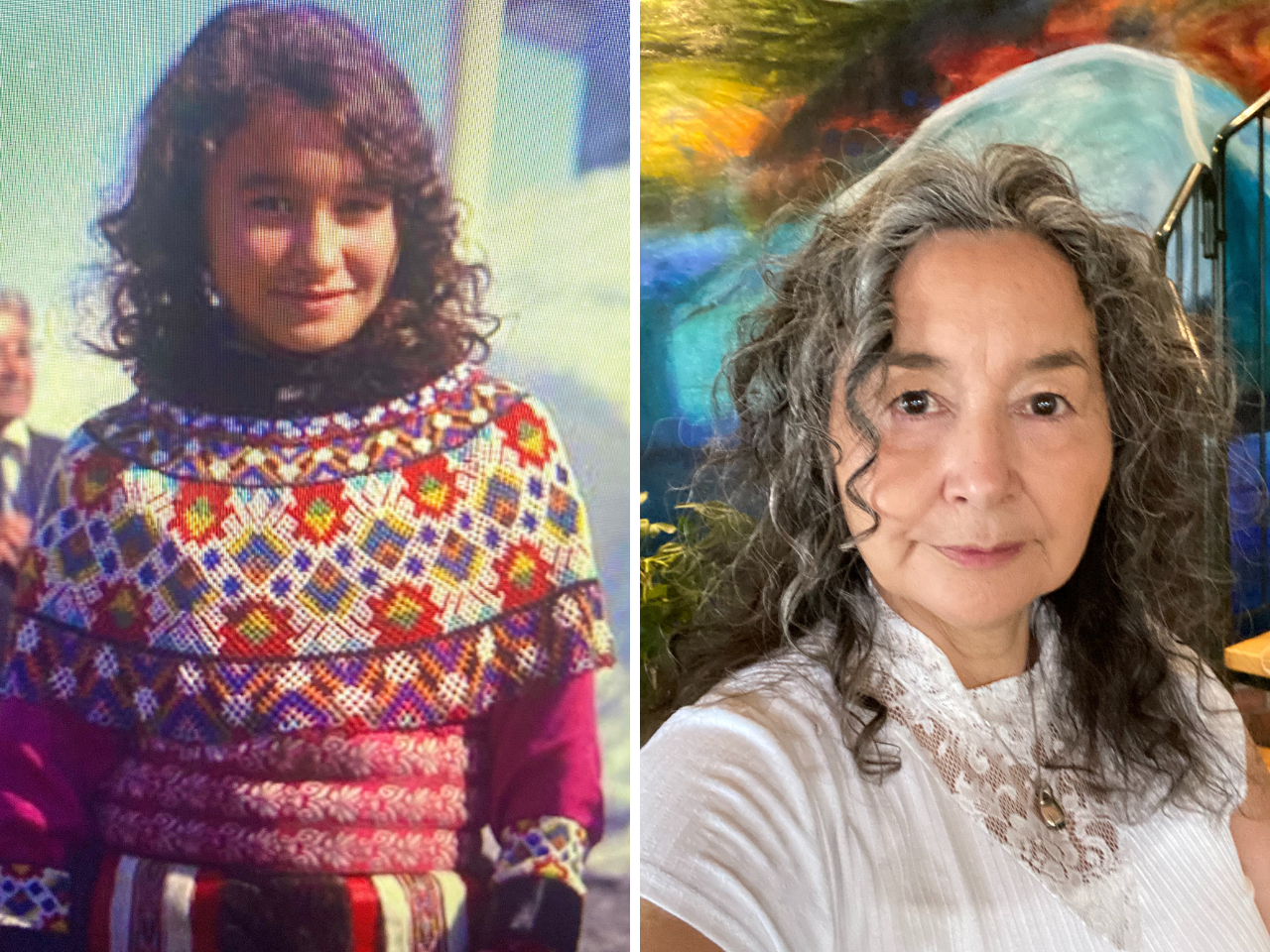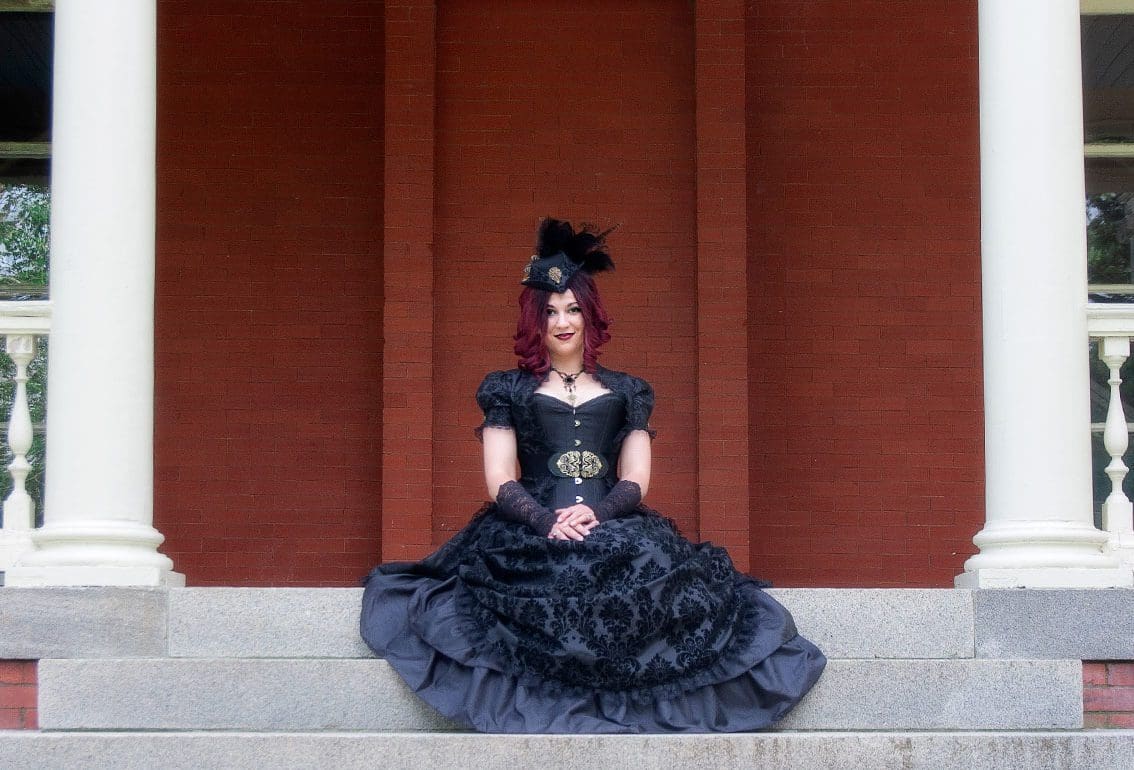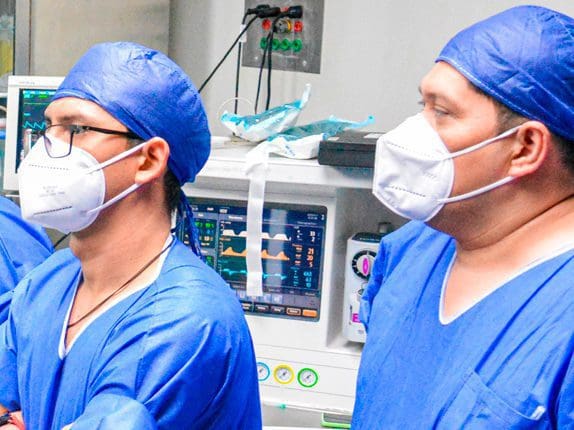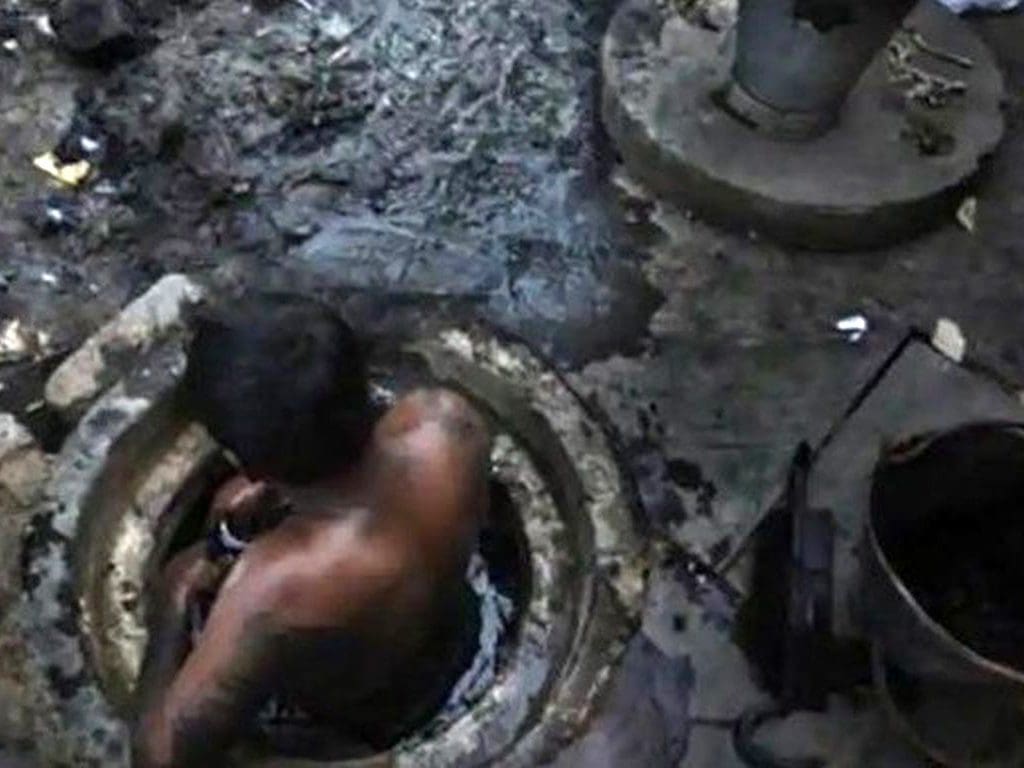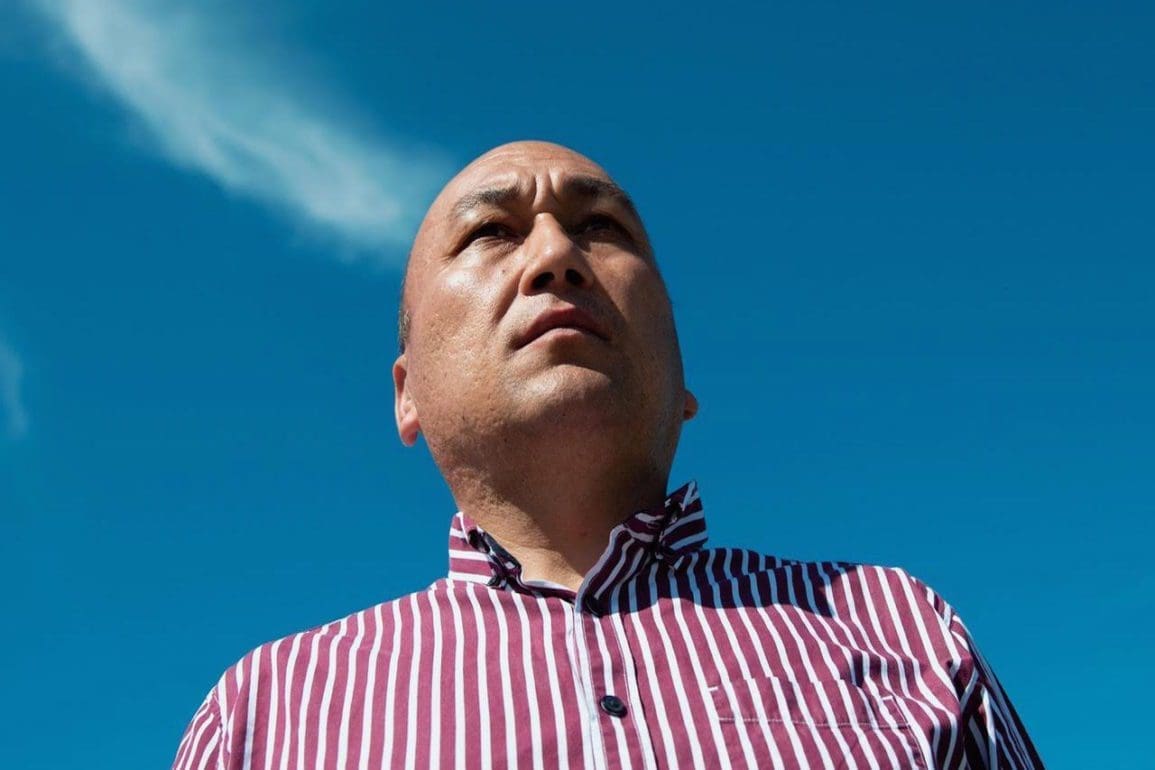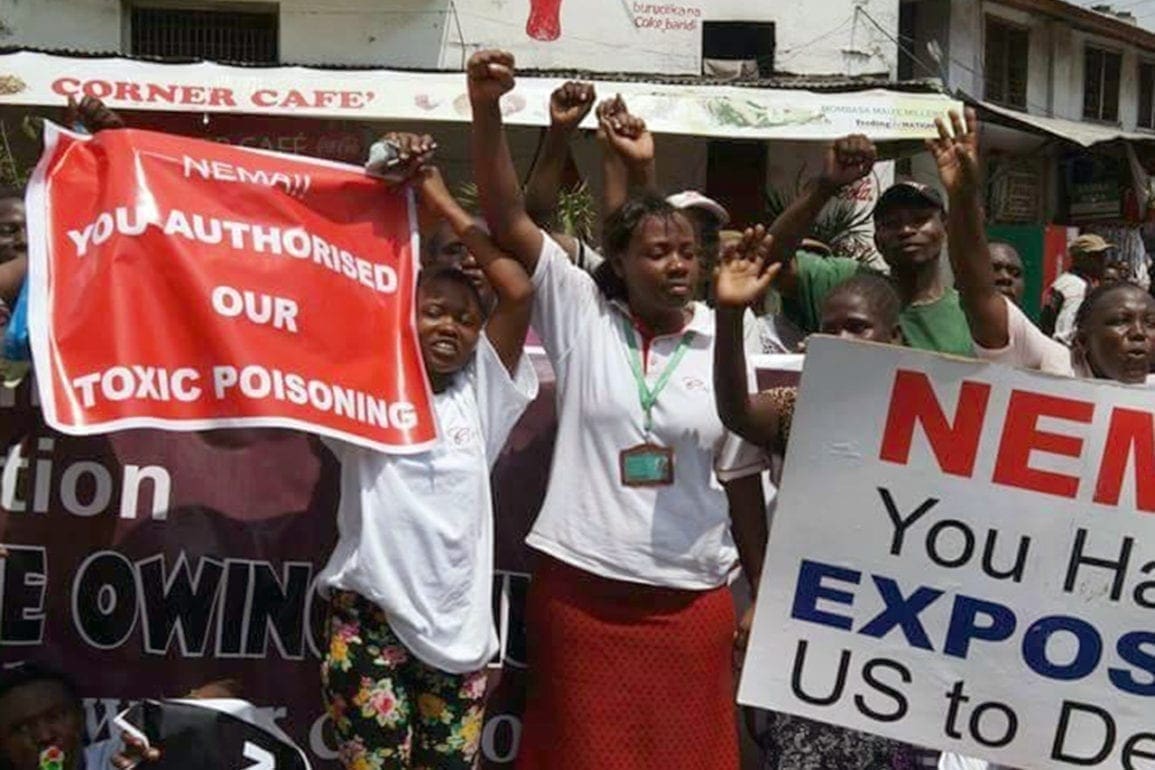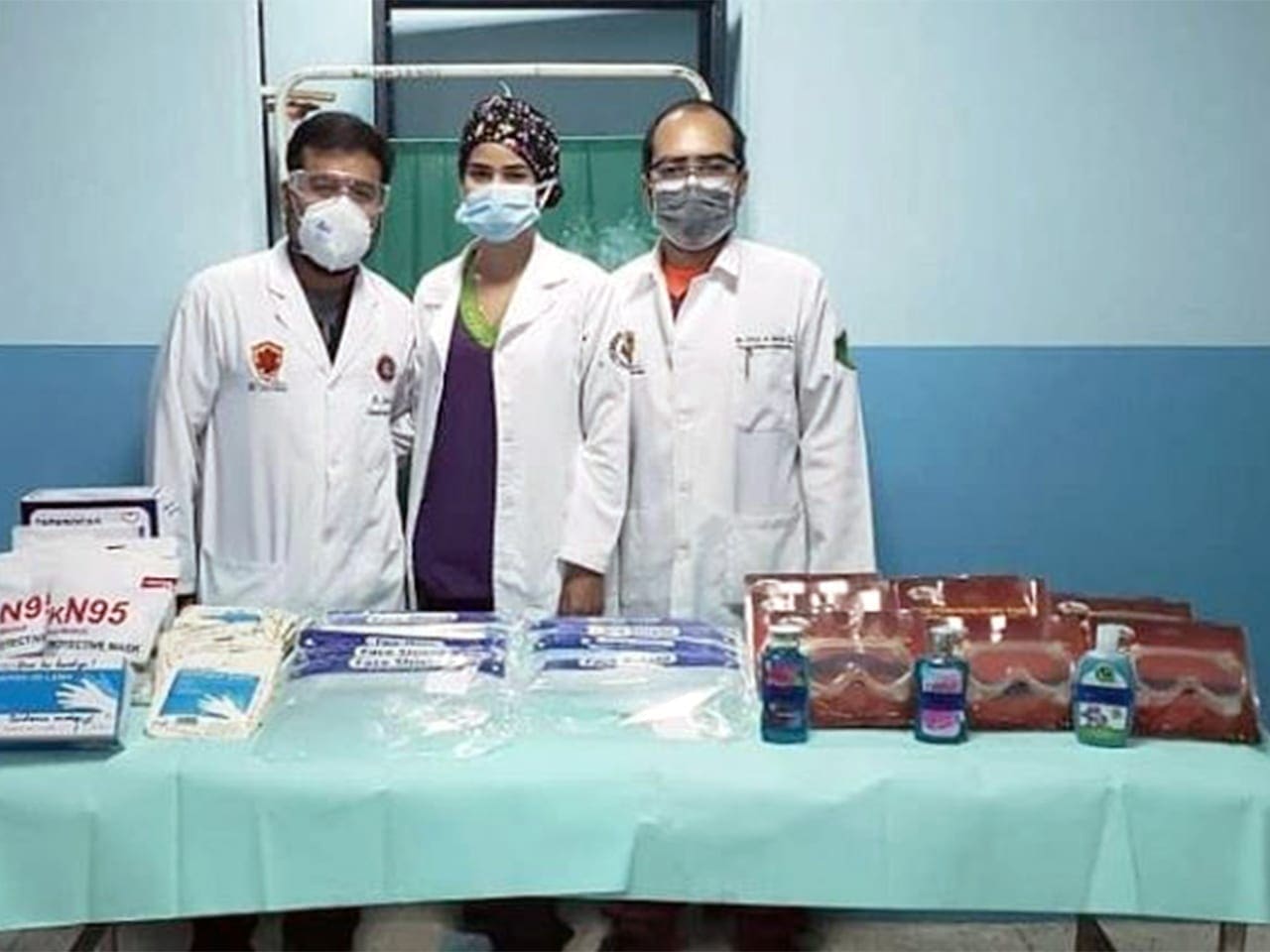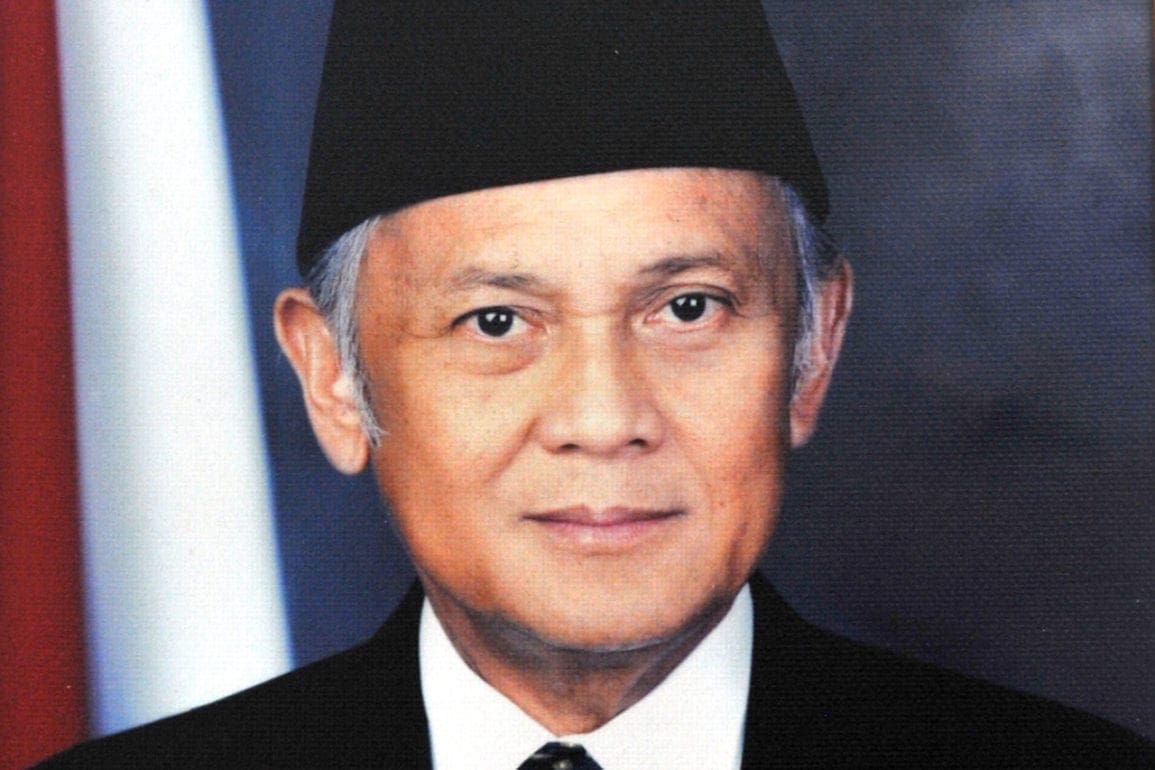15 died in bus crash in India, survivor recounts the tragedy
I soon saw police and security personnel pulling the bodies of the driver and conductor from the mangled front end of the bus using gas cutters. While I did not sustain critical injuries, I could not handle the deafening sound of the crash and the cries of the passengers. Casting my eyes on the horrible sight, I believed everything was ending right there in front of me.
- 3 years ago
November 23, 2022
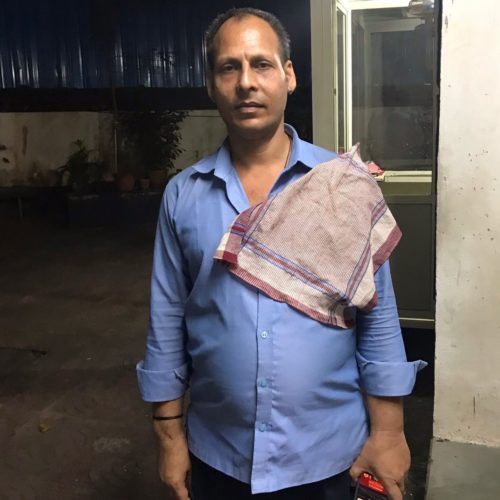
Trigger Warning: Story contains graphic details of the bus accident and may be triggering for some readers.
REWA, India ꟷ I boarded a bus in the evening and settled into the sleeper coach to watch a movie on my phone. It had been three years since I visited home and I could not sleep, excited to see my family and celebrate Diwali with them. Suddenly, I heard a loud thud.
My head banged against the roof of the bus, and I felt a sharp pain near my chest and abdomen area. I jumped out of my cabin and saw people writhing in pain, lying in pools of blood around me. Our bus rammed into a tractor trailer from behind, in the Rewa district of Madhya Pradesh at around 11:00 p.m. I later learned 15 people died and 40 suffered injuries. I was one of them.
Man moves from excitement to see his family again, to a scene of chaos and horror
I last saw my children and elderly parents in 2019. That year, I went home for Diwali before the COVID-19 Pandemic hit. In my home village, we have little income, so I live and work in Hyderabad. My job at the hostel provides for my family of six including my wife, daughters, parents, and in-laws. Every year, I take three months during Diwali to go home and be with them.
Read more stories from Orato World Media out of India.
This year felt new to us since we had not been able to celebrate the festival together since 2019. We excitedly anticipated seeing one another. I prefer to travel by train because it costs less but I did not book my tickets in time. One of the girls at the hostel where I work helped me secure a bus ticket instead. This became my first trip on a sleeper bus.
When the bus crashed into the trailer, I felt my head spinning and became nauseous. People all around me cried out and prayed, holding their injuries. Helpless people lay all around me, gasping for air or not responding at all.
I soon saw police and security personnel pulling the bodies of the driver and conductor from the mangled front end of the bus using gas cutters. While I did not sustain critical injuries, I could not handle the deafening sound of the crash and the cries of the passengers. Casting my eyes on the horrible sight, I believed everything was ending right there in front of me. Terror filled me and the fear caused me to lose consciousness.
Family pleads with his to stay home, even if they do not eat
The next thing I knew, I awoke in a hospital receiving treatment. I felt completely numb. The day of Diwali arrived, and I had no family with me. Did they even know where I was or if I was safe? I worried about my children and parents.
As soon as I regained consciousness, I asked the hospital staff to let me call my family. I did not know where my luggage or phone ended up, or even what hospital they took me to. When I reached my family, they knew I survived. My name had not appeared on the list of deceased.
It took five days before I could travel again, but I could not bring myself to go by bus. I boarded a train and went home. I feel lucky I survived such a tragedy and to be with family. My children and parents need me. No one else takes care of them. They live without me all year in the hopes to see me when I make it home. Imagine if I died? I can’t even think about it.
My father tells me to stay home and farm. “We will eat one meal a day, but you stay with us,” he says. I stay for now, but I have to return to work. To this day, I still have nightmares. The sight of the accident and the people who were hurt remains with me. I see those hilly roads, the darkness of highway 30, and the bus rammed against the tractor-trailer. My mind cannot forget.

